Is it fair for transgender women to compete in women’s sports? Supporters say it protects fair competition and opportunities for girls, while critics argue it’s pure discrimination. Let’s break down the key points of this contentious issue.
1. The Fairness in Women’s Sports Act

This act is designed to restrict transgender women from competing in women’s sports at both K-12 and collegiate levels, justified by concerns over physical advantages and safety.
2. Biological Differences Post-Puberty
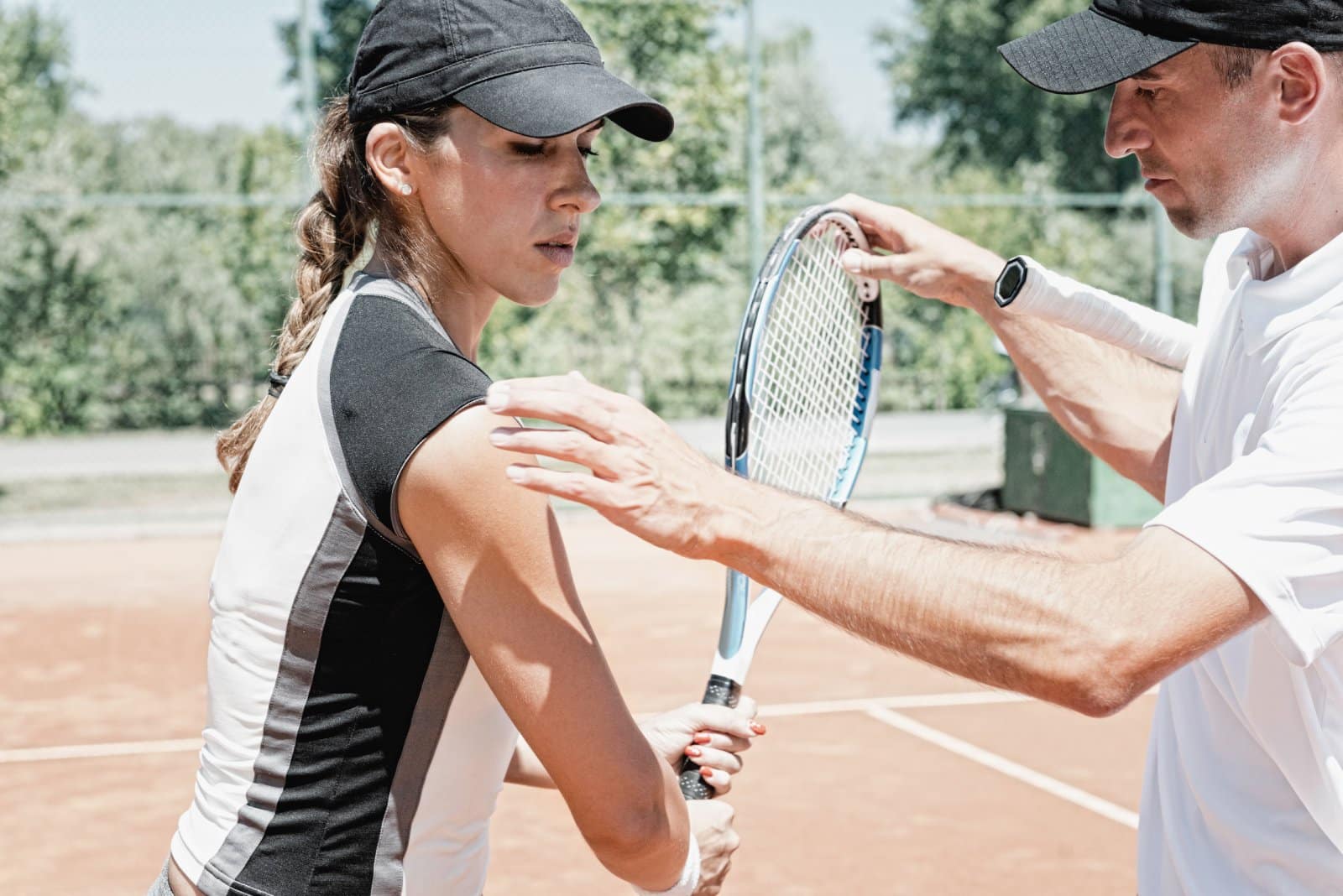
Puberty significantly enhances male physical capabilities in terms of muscle mass, bone density, and cardiovascular efficiency, which can give transgender women who transition post-puberty advantages in physical sports.
3. Testosterone Levels
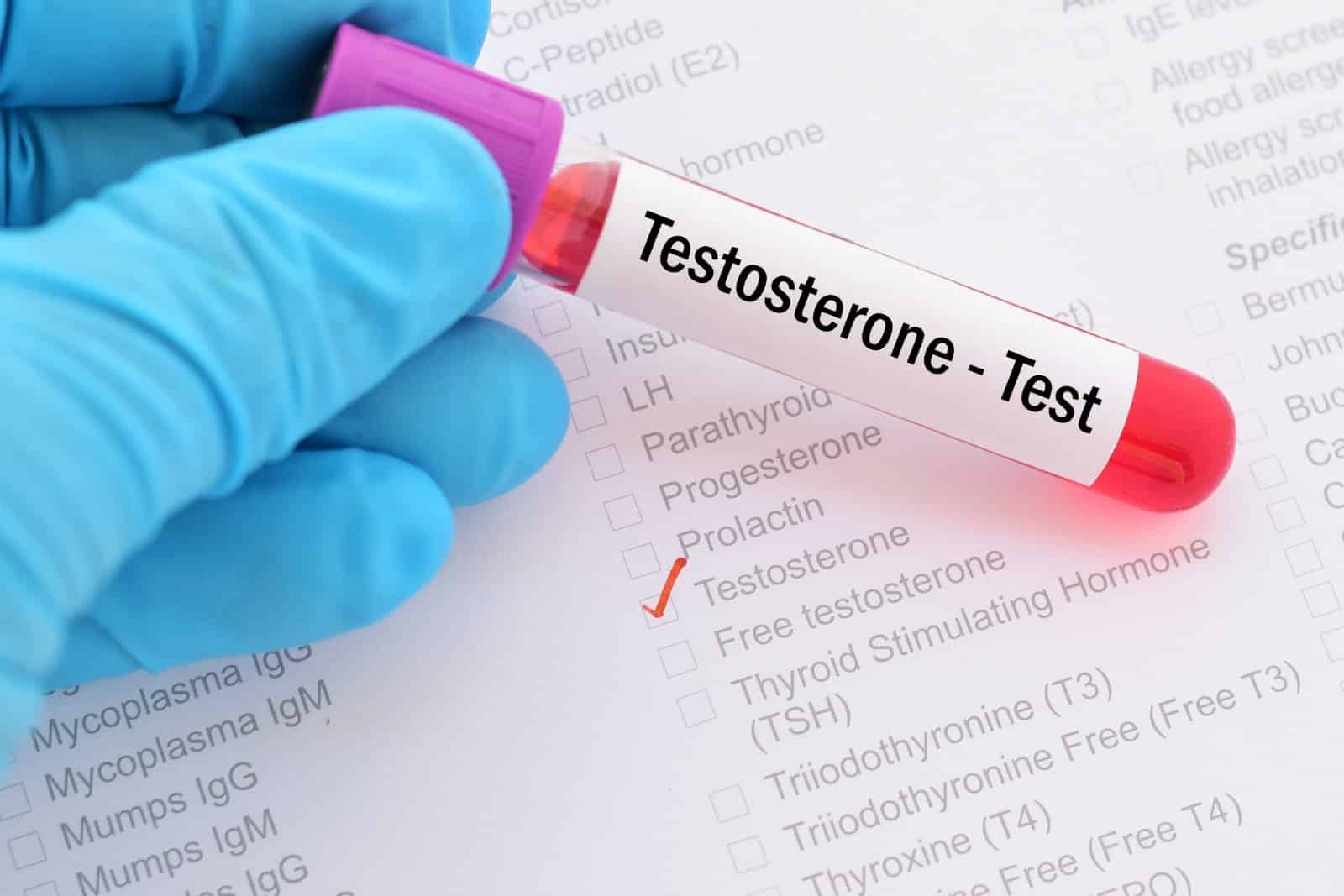
Testosterone, a hormone higher in post-pubertal males, is linked to physical traits that enhance athletic performance, such as increased muscle strength and recovery.
4. Impact on Female Athletes

Critics argue that allowing transgender women to compete with cisgender women can limit opportunities for the latter in competitions, potentially affecting their visibility and sports scholarships.
5. Scholarship Opportunities

Scholarships are highly competitive in women’s sports. If transgender women are perceived to have a competitive edge, it could impact cisgender women’s chances of earning these scholarships.
6. Safety Concerns

There are claims that physical disparities can lead to safety issues in contact sports, where size and strength play significant roles in the risk of injury.
7. Equality and Inclusion

Banning transgender athletes from competing can be seen as discriminatory, contradicting the inclusive spirit of sports and potentially violating human rights protections.
8. Legal and Ethical Issues
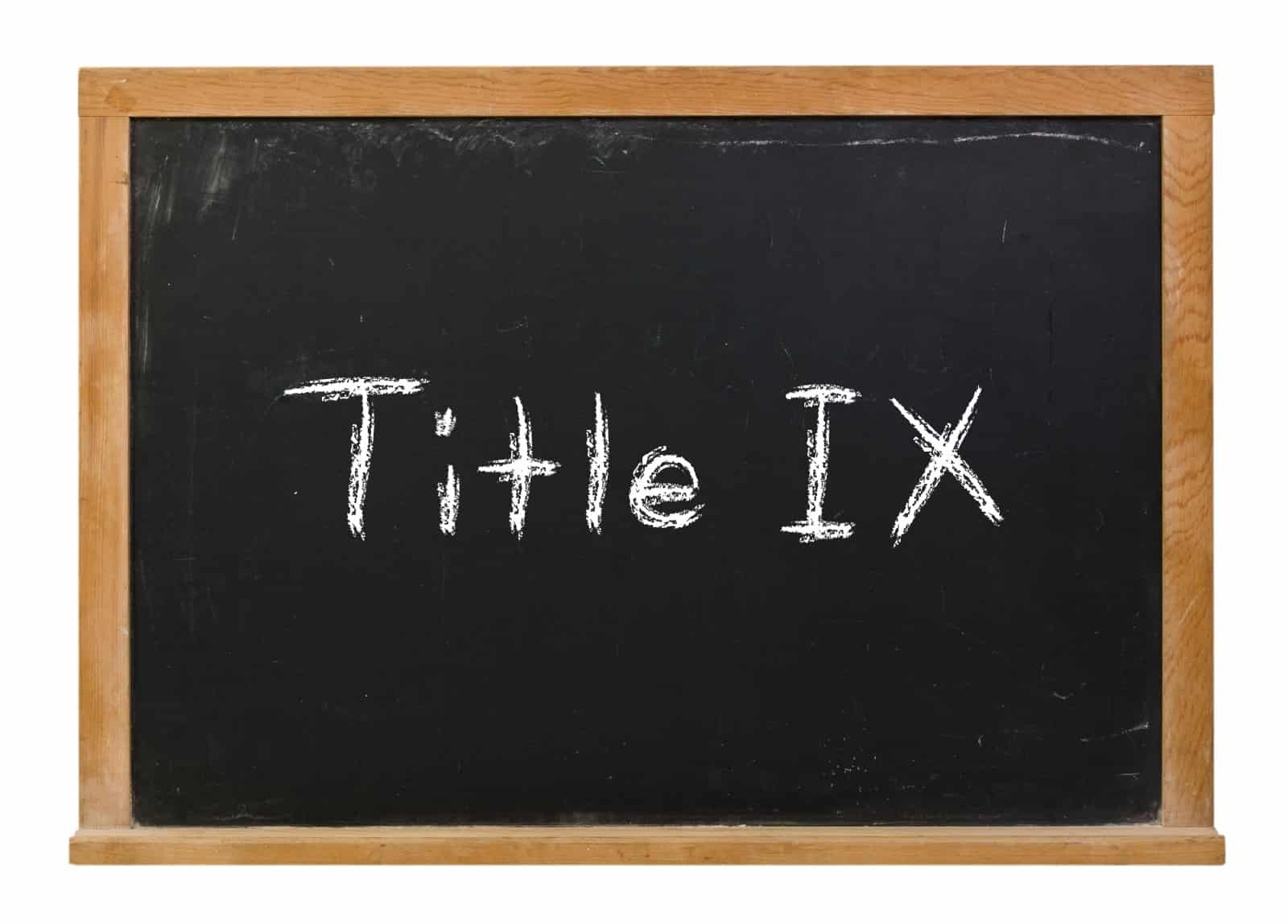
These bans raise legal questions about discrimination and the rights of transgender individuals under the Constitution and federal law, including Title IX.
9. Competitive Fairness
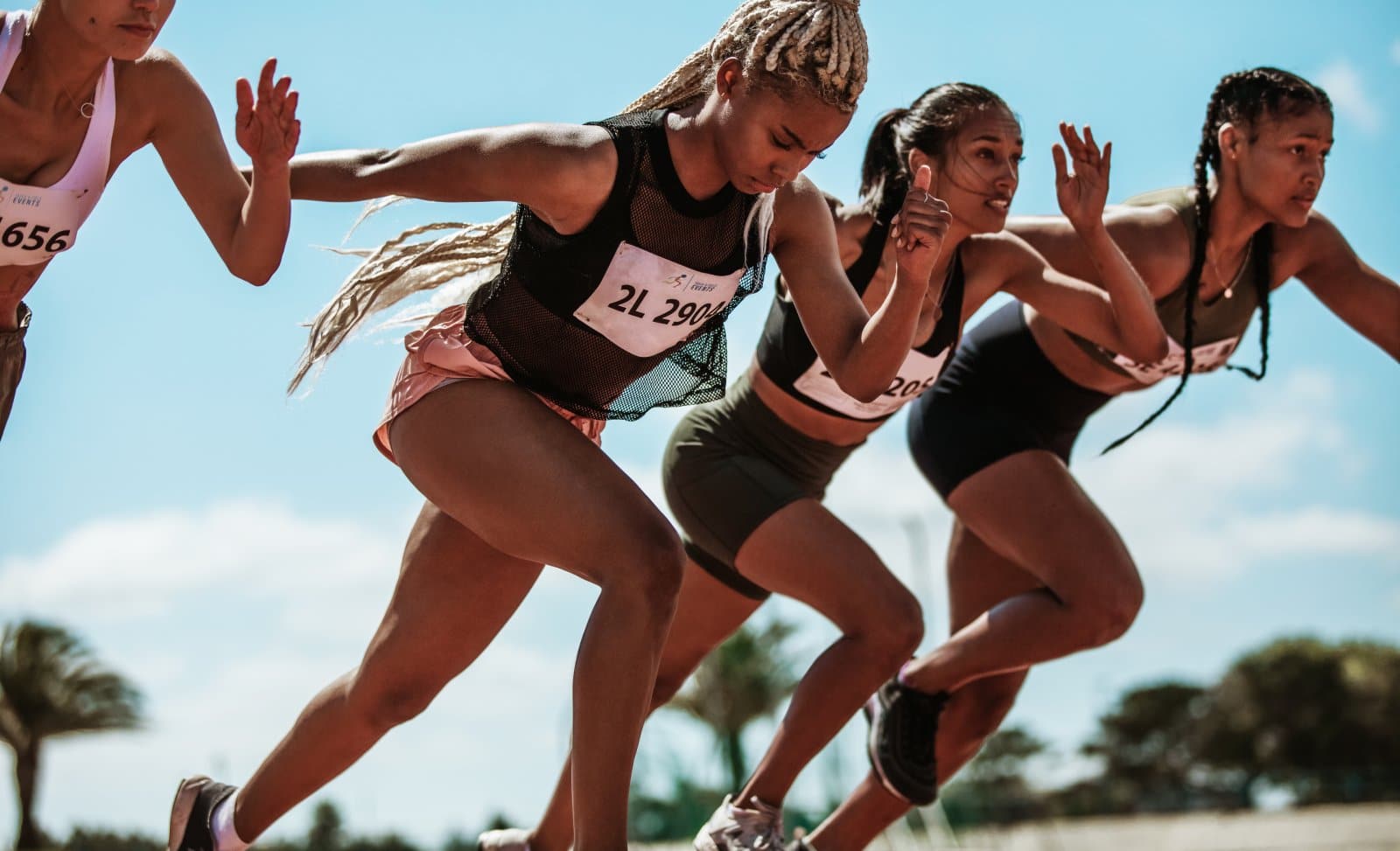
Supporters of the bans argue that the biological differences give transgender women an unfair advantage, compromising the principle of fair competition in women’s sports.
10. International Precedents

International bodies like the IOC have policies allowing transgender athletes to compete, with specific regulations around hormone levels and transition periods.
15. Mental Health Implications

Exclusion from sports can have severe mental health impacts on transgender youth, who often face increased rates of depression and anxiety.
16. Advocacy and Opposition

Groups on both sides of the debate mobilize substantial advocacy efforts, impacting public opinion and policy at various levels.
17. Record Disparities

Men’s athletic records generally surpass women’s, often cited to highlight the physical differences that could influence competition fairness.
18. Gender Identity vs. Biological Sex
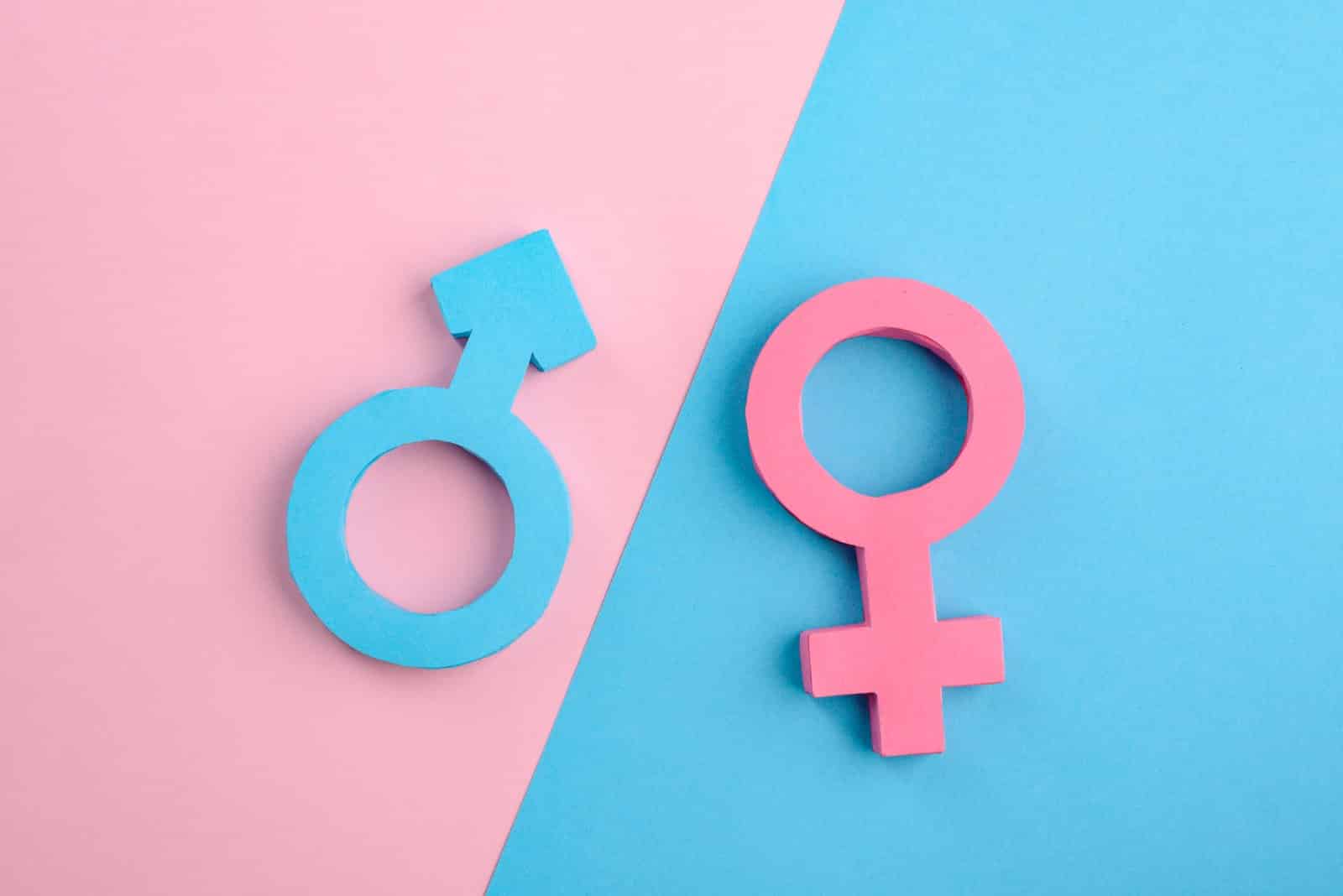
The debate often centers around the distinction between gender identity and biological sex, with significant implications for sports policy and individual rights.
19. Public Opinion

Public sentiment on this issue is divided, with significant portions of the population supporting both inclusion and exclusion in different contexts.
20. Educational Implications

School sports play a crucial role in youth development. Excluding transgender students can affect their social integration and overall school experience.
21. Future Directions

The conversation is evolving, with ongoing legal challenges and potential changes to public policy shaping the future landscape of sports inclusion.
A Continuing Debate
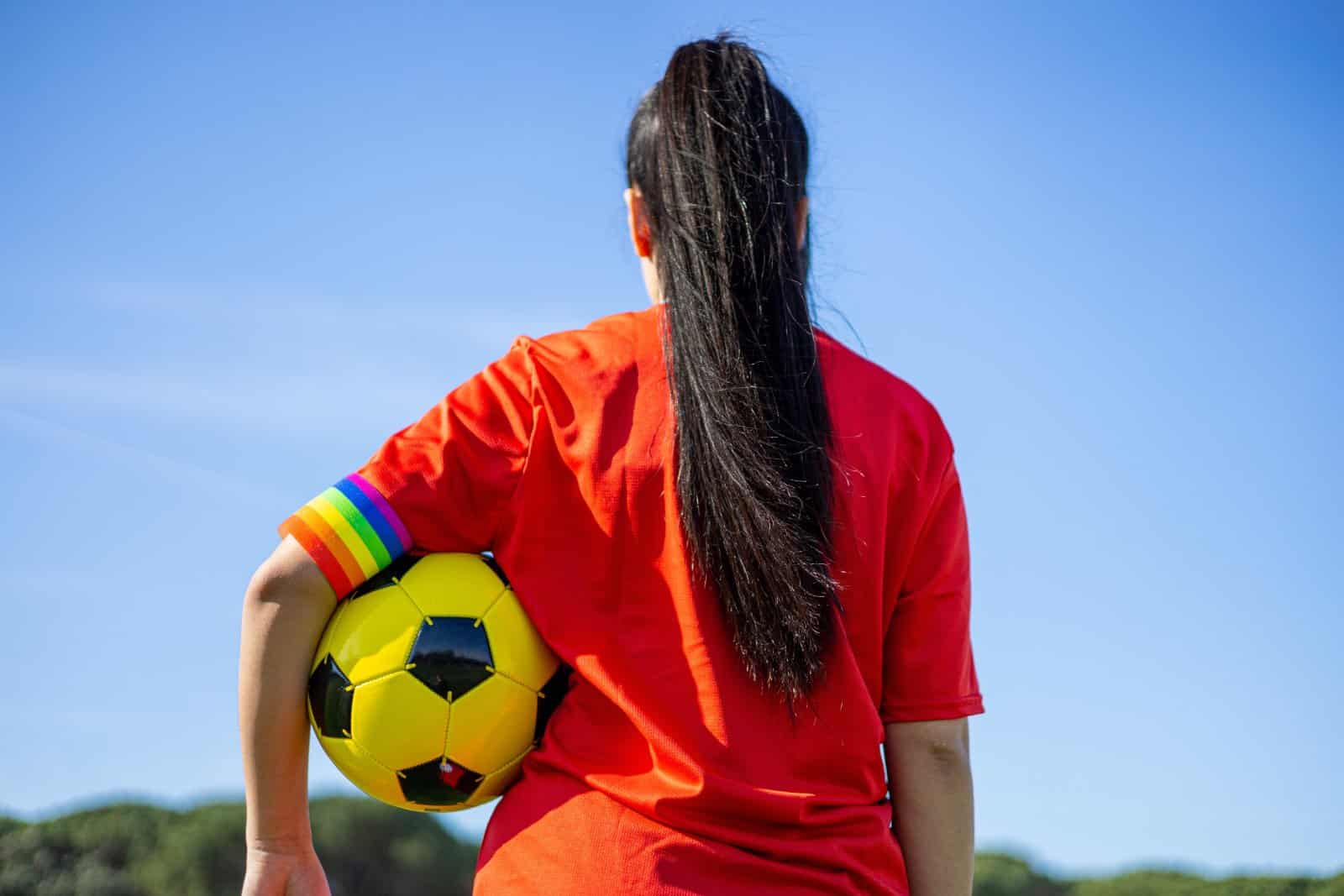
The issue of transgender athletes in women’s sports is multifaceted, involving ethical, biological, and social considerations. It poses challenging questions about fairness, discrimination, and what it means to be inclusive in the realm of competitive sports. As science evolves and societal views shift, so too will the policies and debates that surround this contentious issue.
The post The Battle Over Trans Athletes: 21 Reasons America CAN’T Agree first appeared on Pulse of Pride.
Featured Image Credit: Shutterstock / DCStockPhotography.
For transparency, this content was partly developed with AI assistance and carefully curated by an experienced editor to be informative and ensure accuracy.

